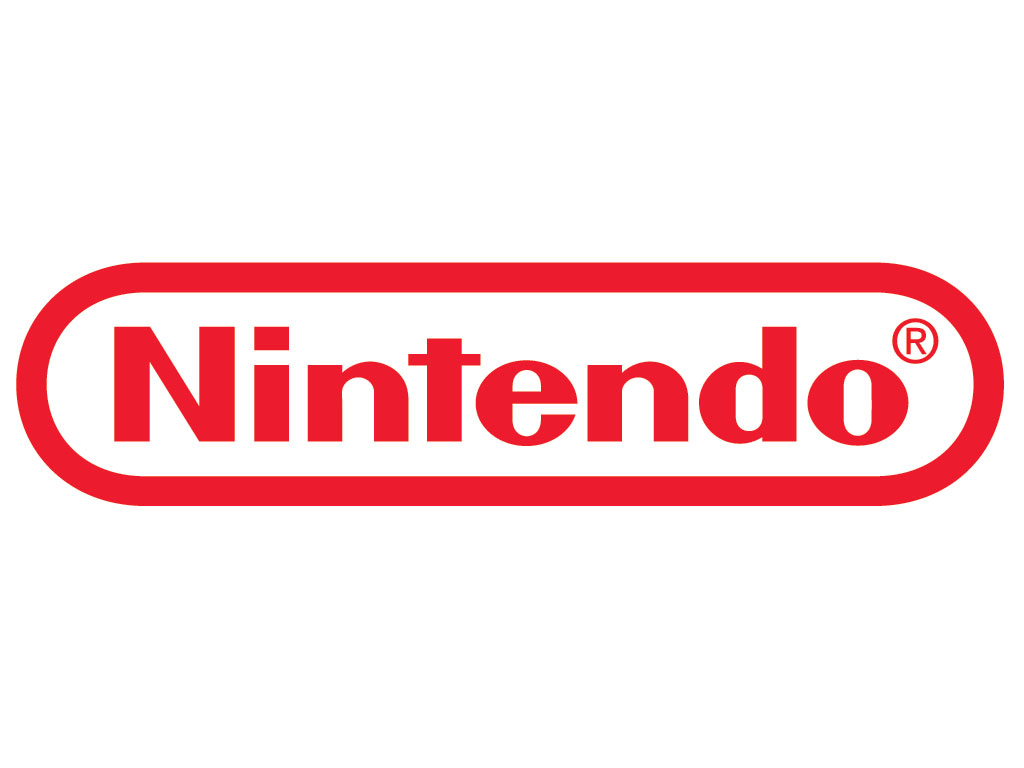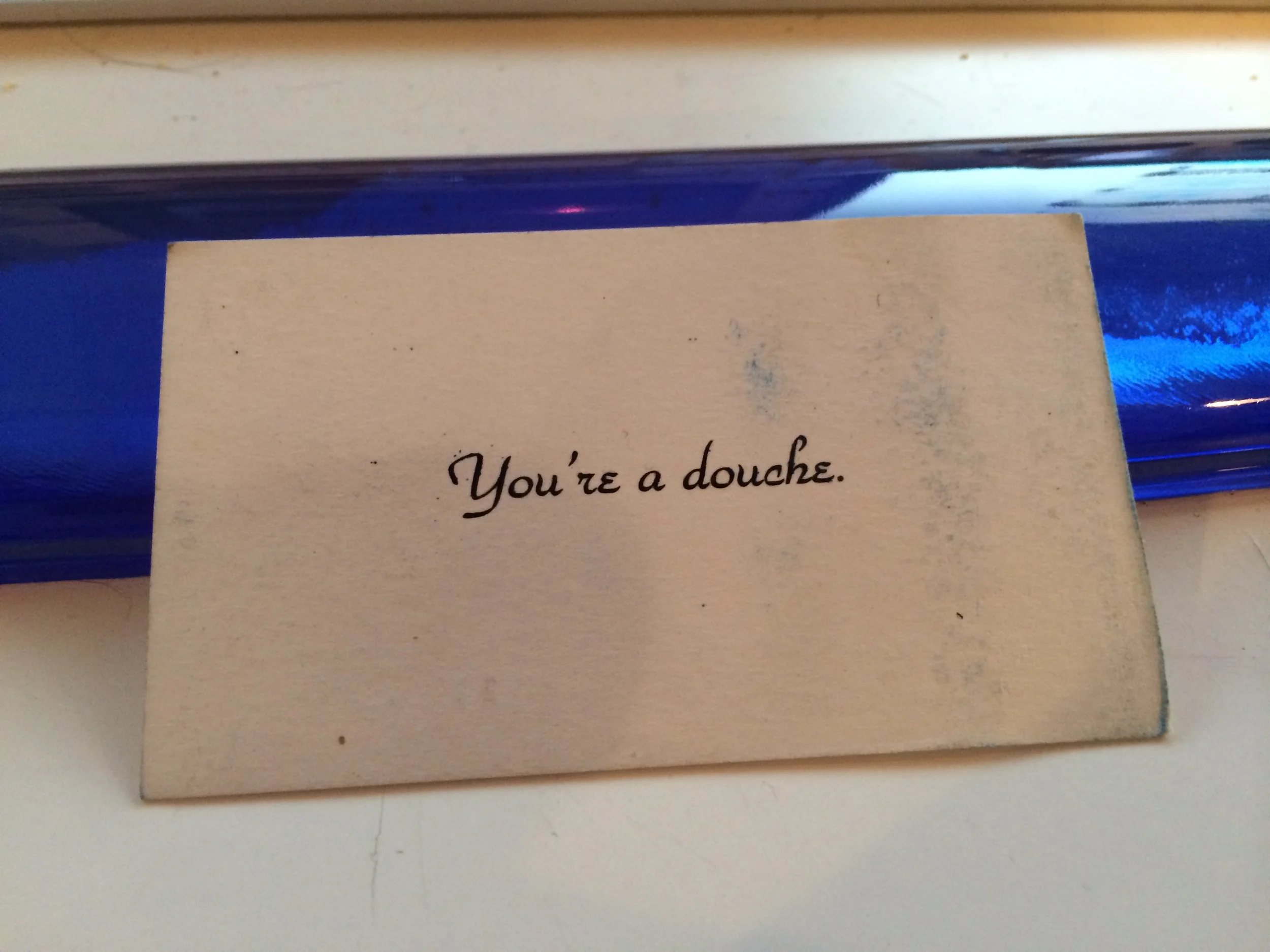What Happened to The Fog Horn?
/Friends, family, writers, potential writers and readers:
Last week we pulled The Fog Horn from the App Store, and cancelled your automatic subscriptions.
But let's back up.
We began building The Fog Horn in August 2013, and launched exclusively for the iPhone, iPad and iPod Touch on December 15th. Since, we've received wonderful, constructive feedback and warm reviews from many of you, from online "tastemakers" and both tech and literary critics.
We're incredibly proud of the six issues we've published so far, comprised of 24 stories from 22 writers, across a variety of fiction genres: comedy, horror, fantasy, historical, sci-fi and personal drama. Conor Britain built, customized, endlessly updated and perfected our magazine on the TypeEngine platform. He helped us say no to extraneous features while maintaining a technical product that was virtually error-free. Bryan Flynn developed our iconic masthead, drew custom headshots and created six covers (seven, including our intro issue) that belong among the greats. They speak to our tone, content and era in a way we couldn't have foreseen, nor imagined. Classic, but contemporary and riveting. All in all, we feel the product we created has been a qualitative success.
So what happened?
Any passionate indie app developer will tell you that rising above the cruft is their biggest obstacle, and often their primary culprit when it's time to close up shop. Even the big players face a nearly insurmountable crowd of millions of competitors -- our competition isn't just other short story magazines, we face other general interest and niche magazines, and reading apps, and texting platforms, and games. Oh, the games. We all fight for one thing, and that's your attention. And your attention is increasingly fractured, and spread thin -- and not just among mobile apps and games, but consoles and a brilliant, saturated, diverse TV marketplace. And blockbuster movies. And superb online content, branded and glossy, or not. But quality nonetheless. It is, to say, an uphill battle. One that we were well aware of when we decided to build The Fog Horn.
To make our mark, we decided to offer the highest quality reading experience, devoid of extraneous garnishes and features. And we worked tirelessly to provide an intimate, open, positive publishing experience, highlighted by our industry-leading compensation: $1000 for a published story. In a world where writers can reach the whole world with the press of a button, but can't find a paycheck for their life, we wanted to provide a safe haven for original writing, and a beacon for a new, revitalized pay structure. Writers should be paid for their writing.
So we attracted a tsunami of submissions. Nearly 1000 since launch, at a rate of almost 7 a day, or about 210 a month once we really got going. Of those pitches, we requested 45 stories -- 6% of submitted pitches. We published 17 of those, so 37% of the stories we requested. Cleaning up the math, we published 2% of our public submissions. We never broke from our model of four stories a month -- curated, consumable and of the highest quality we could find. The Fog Horn remains a predictable structure but also an appealing size and usually thematic collection, to fit into your busy lifestyle. To garner your attention.
We run a lean, efficient business. We're four: myself, Conor, Bryan and a volunteer copy editor (and one of our launch authors), Chris Starr. Our content costs are transparent: I just listed them, above. Otherwise, we spent money on our website hosting (SquareSpace), TypeEngine platform costs, legal, and finally, an extremely slim marketing and advertising budget.
With little left over to spend there, it barely made a dent in our downloads. Hyper-targeted Facebook ads actually did nudge the needle, but we didn't spend, nor could we afford, to do a big buy or continual targeted spend. The rest we chalked up to marketing R&D.
I believe most of our downloads came from positive word-of-mouth, through social media and press coverage. We received very little tech coverage: as none of us have previously sold a company, without exponential network growth and with the app not built nor positioned to be the next WhatsApp, we were mostly ignored by the big tech blogs. For those that did give us a chance, we thank you, every day.
In turn, you downloaded our app for free, and enjoyed a 7 day free trial. From there, nearly 46% of you subscribed. We can't tell who unsubscribed, or who didn't, or who downloaded and never opened it (a frustration all Newsstand publishers face). But we know that our conversion rate is off-the-charts relative to other digital mags. People who found us and read us, loved us, for the cost of $3.99 a month. We spent quite a long time getting to that price. The App Store revolution has created a race to the bottom -- software and related products are cheaper than ever, and yet we truly believe our new stories are worth a dollar each (and even less when considering the "all you can eat" archived content).
How have you consumed the magazine? You read equally on your iPhone and iPad, and barely on your iPod Touch. You loved to read at 1 PM, 7 PM and 9 AM -- your lunch, and commutes. Thursday was your favorite reading day. And you stuck with us, coming back every month at a steady clip.
The issue, as always, was finding us.
We didn't, and don't, have the money for huge advertising and marketing. And I'm not sure how effective it can be. We don't strive for ground-breaking features, so the tech world will never eat us up. And we're unwilling to stop paying writers. But we endeavored to live and flourish on the major social platforms, as much as our limited staff and time could provide. We reached out with targeted, personal messaging to the appropriate major tech and literary critics, and occasionaly had success. But like everyone else, it's about bandwith. We get it.
We've reached out to successful writers with huge followings, and more modest followings, in an effort to bring their existing readers in. We got a few, and many others loved the project but couldn't commit, and that's the issue with attracting big writers: they're busy writing.
We'd love to expand to other platforms -- Android, Amazon, Windows and the web. But it's very expensive, and complicated (as any developer will tell you), and we won't sacrifice our quality experience for breadth. Until we can do it right, we're not going to do it. And to do it right costs a lot, and takes time. Of all the platforms, we're already on the one with the highest spending consumers. It's part of the reason we went there first. So the returns are unpredictable, at best.
Advertising is an option, but it's an ugly, intrusive experience and advertisers don't pay too much for smaller, niche audiences. Venture capital isn't interested, as we don't offer one of the two typical exit strategies: acquisition or going public.
We've always treated our business like a true start-up, and most fail. That's life. We probably would, too. By some measures, we did. Not in the product itself, but in our stunted growth. We haven't become profitable. Because our current product is a subscription model based on a monthly delivery, we couldn't provide that going forward and so we did the right thing and cancelled your existing subscriptions. We have temporary plans to re-submit the app as a stand-alone collection for purchase, and hope to do so, soon. The stories are timeless. We are assessing other platforms, writers and business models. We've spent a lot of money to make something we're indelibly proud of, and something many of you loved. We've paid 22 writers for their work, and nobody can take that away, either. They hail from five countries and three continents. We were touched by them, and their words, and their need to have their voices heard, and we strove to offer them a light in the darkness: a tangible (if digital-only) example of their work, followed by a real paycheck. Because we believed in them, and we continue to do so, and we believe in publishing, and writing, and reading and the need to keep innovating on an ancient product.
We're not done yet. But we are on hiatus. In the meantime, you can read what you've already downloaded. Your app won't disappear. We'll be in the Batcave working on new, profitable ways to deliver exciting, curated fiction right into your hands. Because if we don't make money, we can't pay writers. And if we can't pay writers, we don't attract quality submissions, and we're just another free outlet: free to read, free to ignore.
Thank you for your support, and your time, and your hard earned money. We love you and appreciate everything you've done to make The Fog Horn a success.
Quinn, Bryan, Conor and Chris

















